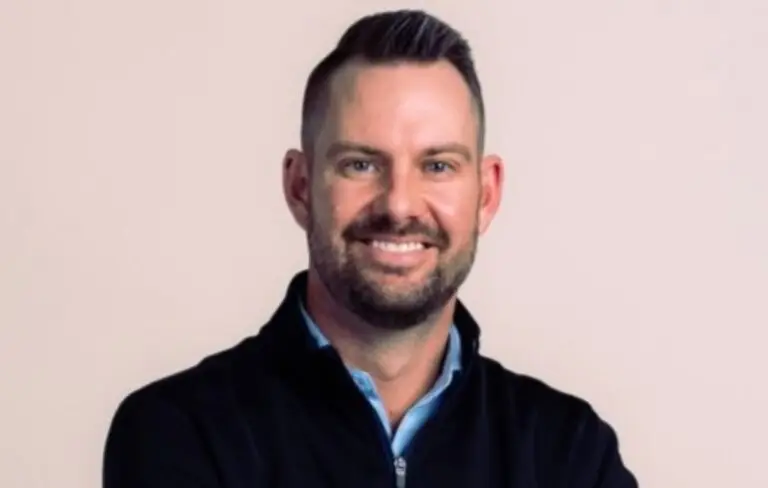Warren Buffett famously dubbed it “social inflation” in a 1978 letter to Berkshire Hathaway shareholders: the ever-widening scope of liability under U.S. tort law, from multimillion-dollar slip-and-fall verdicts to damages awarded to people for witnessing somebody else get hurt.
The insurance industry ran with Buffett’s observation, blaming greedy trial lawyers and activist judges for the skyrocketing cost of litigation in the U.S. But a paper in the Yale Law Journal has a surprising alternative explanation: the insurance industry itself.
Following the Coffers
Without liability insurance, there’d be no incentive to sue most individuals and small businesses, argue authors Kenneth S. Abraham of the University of Virginia Law School and Catherine M. Sharkey of NYU School of Law. Lawyers are in the business of collecting fees, after all, and the typical consumer or corner store simply lack the funds to pay a judgment and the fees necessary to win it. “For potential claims against individuals, the existence of liability insurance is virtually an absolute prerequisite,” they write. “There is no tort liability, and no payment, without it.”
Legal philosophers insist tort law is about righting wrongs and holding negligent parties—tortfeasors in lawyerspeak—accountable. However, the reality is many concepts of modern tort law developed in lockstep with the availability of insurance to cover claims. Starting in the 1880s, insurers began selling policies that covered the cost of defending lawsuits and paying judgments. Auto insurance appeared almost simultaneously with the development of the automobile.
Drivers in the U.S. now pay about $150 billion a year for car insurance, three-quarters of that on paying claims and lawyers. The entire business was fueled by changes in the common law, such as assigning liability for what earlier might have been considered unavoidable mistakes and eliminating the centuries-old prohibition on children suing their parents and spouses suing each other.
With an insurance company paying the bills, the West Virginia Supreme Court observed in a 1932 case that there was no reason to prevent a daughter from suing her father over a school bus crash in which he was the driver. “A recovery by her is no loss to him,” the justices said. “In fact, their interests unite in favor of her recovery.”
Quiet in the Courtroom
Many judges are shy about stating the important role insurance plays in their decisions, and juries are still prohibited from being told that insurance will pay whatever damages they award. But there’s no question that the broad availability of liability insurance is what makes the U.S. tort business hum.
Insurers have shaped modern tort law in their role as intermediaries with the duty to defend their customers in court but also the right to decide whether to fight or settle. That means the insurer decides whether to pay money to make a claim go away or go to court and risk a judicial decision affirming a novel new theory of liability. Judges get into the act by sometimes declining to expand liability because there would be no insurance to cover it.
Take the famous “man with the eggshell head,” an unfortunate plaintiff who suffered a skull fracture after being inadvertently jostled. Law students learn that the case illustrates that “you take the plaintiff as you find him” under U.S. law. But that would be absurd in a world without insurance, Abraham and Sharkey write. How could people be ordered to pay huge damage awards over injuries no one could predict in advance?
Despite all their complaining about social inflation, insurance companies are enjoying the ride. “The more that tort plaintiffs win on appeal and the more that tort law expands, the larger the amounts of liability insurance that potential defendants will buy, the more that liability insurance will cost and the larger the revenue base of the liability insurance industry will be,” the authors conclude.








